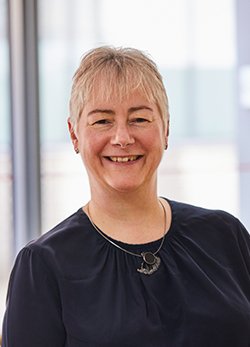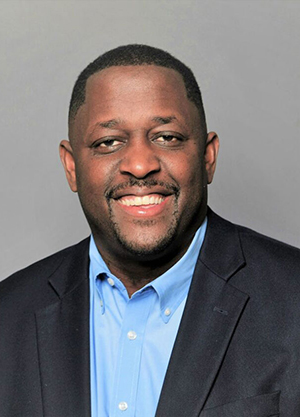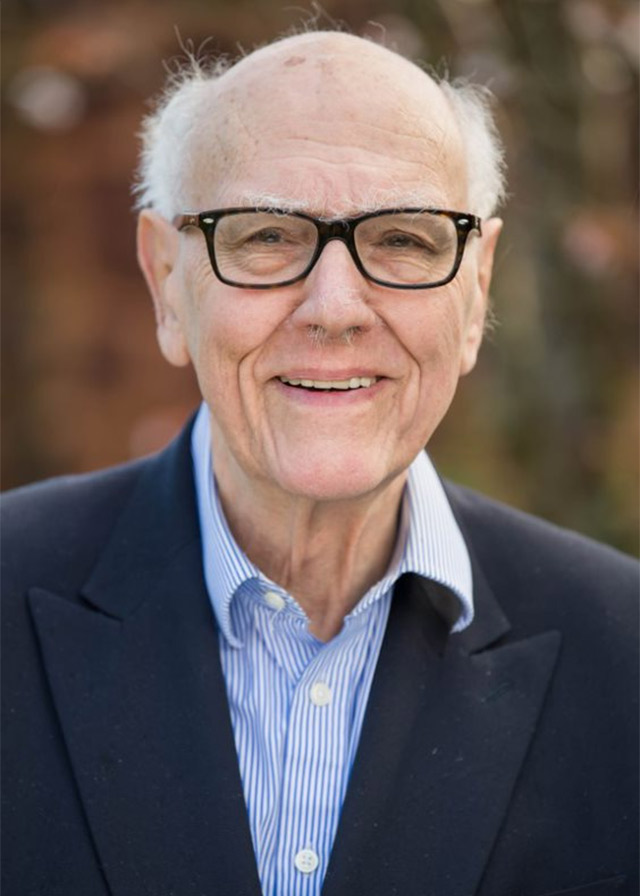
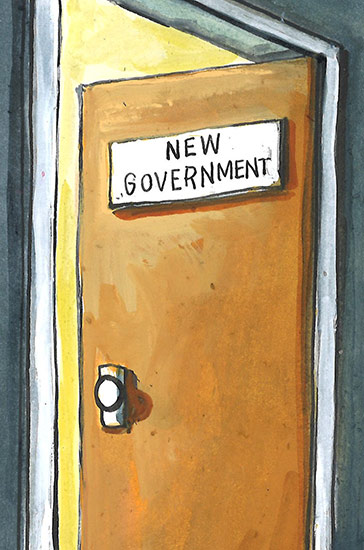
Influencing the first 100 days
NHS Confederation Chair Lord Victor Adebowale’s unconventional career has taken many twists and turns - but tackling inequalities remains his driving force
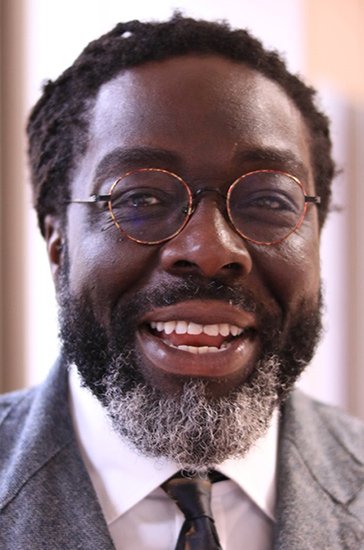
"Victor's fine," he says as I ask how to address him, "unless you're trying to sell something, then it's Professor Lord Victor Adebowale," he jokes, adding "CBE". Victor’s speaking to me from the House of Lords, giving me a 'tour of the very expensive wallpaper' (grand, old paintings in thick, gilded frames) as he tries to find a quiet place to talk. He can't find one and warns we may 'hear the echo of the voices of posh people'.
It’s tongue-in-cheek but characteristic of Victor’s down-to-earthness. Unlike many who sit in the House of Lords, he interviewed for his position, entering as a crossbench Peer via a scheme designed to open up the Lords to 'ordinary people' in 2001.
In the 23 years Victor has been a Peer, he has made 46 spoken contributions and voted 305 times. He's selective, he says, first because of the time commitment, but he also questions the point of intervening in everything. "For me, that's not the point of the House of Lords. It's a serious place,” he explains, “I only speak if I've got something to say and only vote on things I understand.”
“I like to think that when I do speak, it makes an impact on the floor of the House," he adds. His proudest intervention was pushing back against sections of the last Mental Health Act that would have fragmented delivery of care and services for people coming out of institutions, risking them ‘being pushed from pillar to post and falling through the net.’
Issues he intervenes in have two things in common: they’re often linked to health and the social determinants of health; and have the potential to progress Victor’s lifelong ‘mission’ to reverse the inverse care law. Conceived in 1971 in The Lancet by the late GP Dr Julian Tudor Hart, its concept is that those with greatest need for care are least likely to receive it. Over 50 years on, not much has changed, indeed, research has shown health inequalities have actually widened.
"I always made a very clear promise to myself that whatever I did, it was going to be about Maslow's hierarchy [of need] …clothing, food or housing and poor housing is what I’d experienced,” he says.
As well as being a Member of the House of Lords, Victor, 62, is Chair of NHS Confederation, a membership organisation representing healthcare organisations, including NHS Trusts and Primary Care Networks. Unlike the RCGP Chair who sets the policy direction of the College, his role is ‘to be eyes on, hands off and to support the executive, which involves critique - not criticism - and ensure the organisation has a structure, a culture, values, vision, and the right processes in place.'
He thinks addressing health inequalities and reversing the inverse care law should be at the heart of every decision made across health and social care; something that was the focus of his speech to the RCGP Annual Conference back in 2018 and now he asserts ‘it’s the case more than ever’. But, he says, ‘it’s not been front and centre of public policy for a long time, it’s not been front and centre of health policy.’
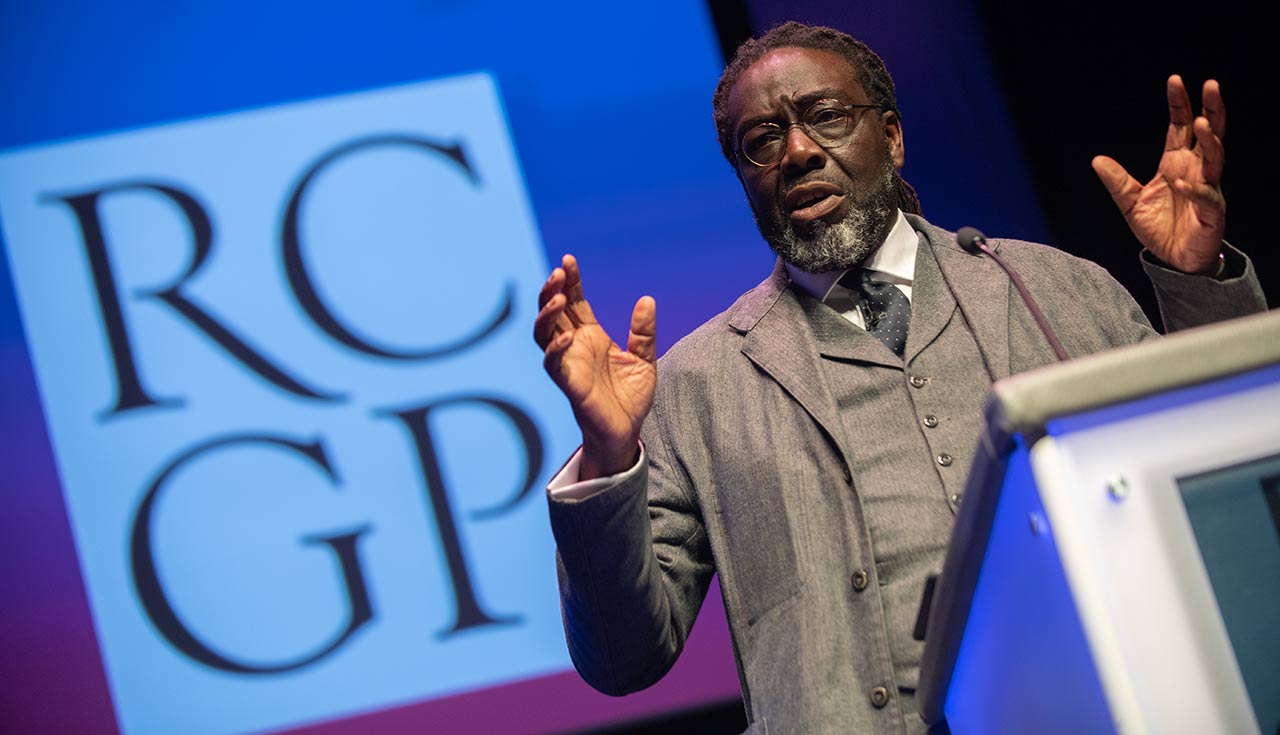
Victor sees a lack of progress in reversing the inverse care law as the NHS failing and points to life expectancy, which had been increasing, but has now levelled off and is even falling for some people ‘at the sharp end’, as being ‘unacceptable’ and ‘a poor use of public money.’
He puts this down to three things. First, the years of austerity policies (‘a very expensive way to run a country’) adopted by the UK’s Coalition government from 2010, given ‘the people who suffer most tend to be those at the sharp end of the inverse care law’. Second, that addressing health inequalities is seen as a political ‘left wing’ issue (‘it’s not political, it’s about efficacy, and the best use of public money … [to] provide effectively for those people who need services most’). And third, that large organisations - the NHS included - ‘became more concerned about power than people’.
“We need to start with the truth, you can’t solve problems if you start with fantasy. My members are very worried about a £3 billion black hole this year…the desperate need for another £7 billion a year just to go into repairing the capital estate,” says Victor.
He’s alluding to the £2.2 billion revenue deficit the NHS is facing this financial year, while the NHS Confederation has said that capital funding needs to increase by £6.4 billion to at least £14.1 billion annually to tackle the £11.6 billion maintenance backlog as well as invest in new technology and equipment.
And that, he says, doesn’t even account for ‘the disproportionate effect this current state of the NHS has on poor people, black people, poor and black people. We have a difficult challenge and we should face it head on without fear or favour, and to do that, we need to understand the current state.’
The new Health Secretary’s proposal for shifting more resources into the community, so that more care can be delivered by general practice and other primary care providers, is one which Victor says the NHS Confederation – which represents both primary and secondary care providers - is in favour of. But he cautions against looking at it as a binary primary/secondary care dichotomy.
“I worry that the commentariat sometimes sees it as a kind of football match in which there are sides, acute versus primary, and there’s a battle. I don’t see it like that, my members don’t.” He describes it as ‘an indulgence in power games’ that he isn’t interested in, clarifying ‘I’m interested in outcomes for patients.’
He points to a recent National Audit Office report that concluded unless we make significant shifts in demand, the NHS is in serious trouble. “We have to make a shift. We have to bend the demand curve so that we’re dealing with people’s healthcare challenges before they need to go to hospital. Nobody wants to go to hospital. So, yeah, our members are in favour of a shift, and our job is to work in partnership with the government to deliver those shifts,” he says.
“People often underestimate and take for granted the work of GPs, but I know how hard [they] work. I think it’s an indicator of the attention we need to give GPs that Wes Streeting went to a primary care service shortly after becoming Secretary of State, and that’s testimony to GP work.”
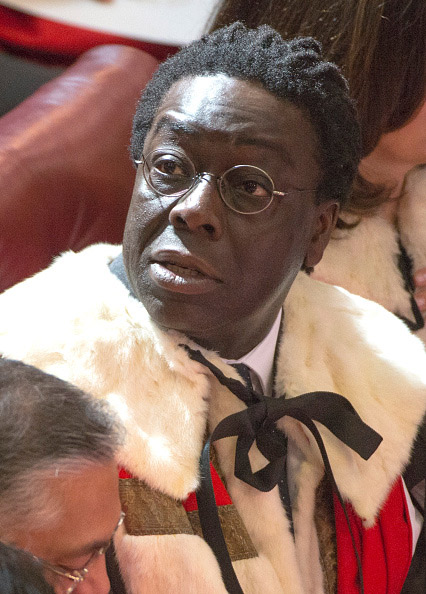
Victor began his career in estates management, getting involved in several projects involving housing, mental health and substance misuse before becoming Director of the Alcohol Recovery Project aged 24, and later Chief Executive of youth homelessness charity Centrepoint. He then became CEO of Turning Point, a social enterprise delivering care services for people with complex needs, including addiction, mental health problems and learning disabilities, for 18 years. He’s also advised successive governments.
Despite his rapid ascendancy to becoming a Chief Executive at such a young age – and as a black man who grew up poor in Wakefield, initially failing his A-levels, and later dropping out of university - he describes himself as a 'quite reluctant CEO and leader'.
"I'm focussed on outcomes," he explains, "I wouldn't describe myself as ruthless with people, at all, but I'm ruthless about solving problems. I've never been given an organisation to run that wasn't in deep s**t when I started. Hopefully, I've made it better by the time I've left.”
As the son of Nigerian parents – his mother worked as a nurse in the NHS - he saw first-hand the racism that they faced.
He cites the fact that the NHS has never had a black Chief Nurse, despite around 50% of nurses in London being black and 26% of the entire workforce being ‘shades of my colour’. This, he says, demonstrates ‘the reality of how decisions are made in the NHS’ and that many processes in the NHS ‘aren’t necessarily linked to the intention of reducing the inverse care law.’
Addressing this was Victor’s driving force for taking a role as a non-executive director of NHS England, a role he held for six and a half years before standing down last year. As a member of the Board, he recalls talking ‘constantly’ about inequality and inequity which ‘didn’t make him a lot of friends’ but he thinks did ‘move the needle’ to the point that addressing inequalities is considered important, although still ‘not important enough’.
He welcomes the appointment of GP, Prof Bola Owolabi as Director of the National Healthcare Inequalities Improvement Programme, as a ‘step forward’ – and pushes back on the criticism that many equality, diversity and inclusion roles receive in some parts of the press for being ‘woke’. “It’s become a political insult,” he explains, “but this isn’t about politics, it’s about providing healthcare to people equitably…the appointment of people to look at this is basically acceptance of failure of the whole system to do it.”
He says that whilst the first step in addressing an issue - in this case inequalities - might be to appoint someone to do so, the last step will be not needing that person because what they have set out to do is ingrained within an organisation.
“The job of leadership in the NHS is to provide healthcare to everyone everywhere, all the time, not some people, somewhere, some of the time,” he says.
He also chairs of the Institute for Public Policy Research (IPPR) and Social Enterprise UK, and he's founded Visionable, a company that offers a platform for delivering 'affordable, high-quality and timely' digital healthcare 'for all'. He's also a coach, having completed a Master's degree in Advanced Organisational Consulting, and coaches senior people across public and private organisations.
It sounds like a lot of hats, but Victor doesn't see it like that: "In my mind, they're all linked," he says, "they're all about changing the world, about progress, about trying to reverse the inverse care law.
Perhaps not surprisingly, given his eclectic background and his numerous and varied roles, Victor thinks the NHS can only deal with ‘20% of the challenge’ of ‘his mission’. The other 80% involves housing, transport, food – ‘pretty much everything’.
“We need a ‘health in all policies’ approach,’ he says, ‘otherwise it ain’t going to work.”
Read more
Thank you for your feedback. Your response will help improve this page.
